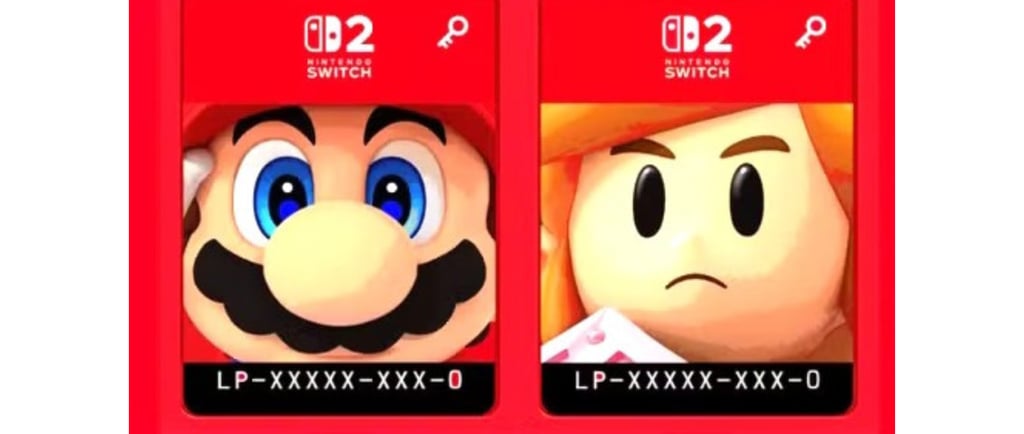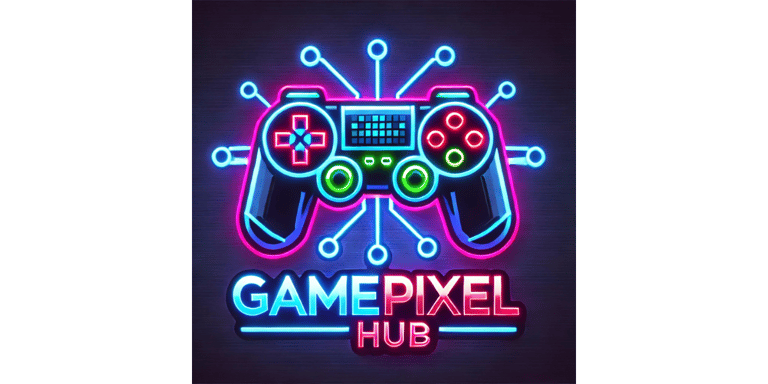Nintendo's Key Cards & Virtual Boy Plans Are Not Greed—They're Genius
Nintendo's rumored Switch 2 key cards and Virtual Boy accessories have sparked outrage, but from a business perspective, they're brilliant moves. Here's the expert analysis. #Nintendo #Switch2
9/14/20253 min read


🧵🎮Nintendo's Pivot: Why Key Cards & Virtual Boy Nostalgia Are Smarter Than You Think 🎴🔴
The Nintendo discourse is raging this week, and on the surface, the two biggest topics seem unrelated. Outrage is simmering over rumors of Nintendo Switch 2 game "key cards" being sold at retailers, while a separate wave of nostalgia-fueled shock has hit over rumors of pricey Virtual Boy-inspired accessories.
The community reaction has been… passionate. Many are decrying the key cards as a greedy, anti-consumer step backward and the accessories as a cynical cash grab.
But from a 20,000-foot view, with two decades of industry perspective? These moves aren't random. They're calculated, strategic, and surprisingly pro-consumer when you look beyond the initial outrage. This is a deep dive into the method behind Nintendo's perceived madness.
Story 1: The Key Card Controversy — It’s Not a Scam, It’s a Strategy 🛒
The rumor: Instead of selling physical game cards, the Switch 2 might see retailers selling "key cards"—basically, a box with a download code inside.
The Outrage: "They're killing physical media!" "This is just a way to kill the used game market!" "I can't resell my games!"
The Reality (The Expert Take):
This isn't about removing your choice; it's about expanding Nintendo's reach. Think like a business, not just a collector.
· The Retail Lifeline: Big-box retailers like Walmart, Target, and GameStop need a reason to dedicate precious shelf space to gaming. A plastic case with a code is far more profitable for them than dealing with the logistics and theft risk of small, expensive game cards. This ensures Nintendo retains vital brick-and-mortar retail partnerships.
· The Giftability Factor: A digital code is an impersonal gift. A physical box with art? That's a gift. This caters to the massive casual market that still buys games as presents for kids and families.
· It Doesn't Replace Carts, It Complements Them: This isn't an either/or scenario. The standard physical game card will almost certainly still exist for collectors and those who want to resell. Key cards are simply another option, likely for specific games or promotions, aimed at a different segment of the market.
The Bottom Line: This is a smart way to keep retailers happy and capture sales from customers who have fully embraced an all-digital library, without forcing it on everyone. It's additive, not subtractive.
Story 2: The Virtual Boy Accessories — Nostalgia as a Premium Product 🔴
The rumor: Nintendo might be planning high-end, Limited Run-style accessories for the Switch 2 that pay homage to the infamously failed Virtual Boy, with a price tag to match.
The Outrage: "They're charging a premium for a failure!" "This is a garbage cash grab!"
The Reality (The Expert Take):
This isn't for the masses. This is for the collectors, the historians, and the hardcore fans.
· Repackaging Failure: Nintendo has a history of reframing its past failures into beloved quirks (e.g., Kid Icarus: Uprising). This isn't celebrating the failure of the Virtual Boy; it's celebrating its legacy as a bold, weird, and unforgettable part of Nintendo's history.
· The Art of the "Superfan" Product: Companies like Limited Run Games have built an entire business model on selling premium collectibles to a niche audience. This is Nintendo cutting out the middleman and doing it themselves. It doesn't replace standard accessories; it exists alongside them for those who want it.
· Marketing Through Conversation: Just look at us talking about the Virtual Boy in 2025! The rumors alone have generated millions of impressions and introduced a new generation to a piece of gaming history. The conversation itself is a win.
The Bottom Line: This is a high-margin, low-volume product line designed to monetize Nintendo's deep history and cater to its most dedicated fans without impacting the experience for the average player.
The Connecting Thread: Nintendo is Playing 4D Chess ♟️
On the surface, these strategies seem at odds: one seems to devalue the physical, the other overvalues nostalgia. But they share a common goal: diversification.
Nintendo isn't just a game developer anymore; it's a platform holder, a retailer, a hardware manufacturer, and a curator of its own legacy. These moves show a company exploring every possible avenue:
1. Market Expansion: Key cards expand their retail and digital footprint.
2. Premium Branding: Virtual Boy accessories deepen brand engagement with high-value superfans.
3. Optionality: Crucially, neither move forces a change on unwilling players. They are additional choices, not replacements.
The Final Verdict: Trust the Architects 🏛️
After the Wii U's failure, Nintendo engineered the Switch's success by ignoring conventional wisdom. They have earned a degree of trust. While not every idea will land perfectly, their strategy is rarely as simple as "be greedy."
The key cards are a pragmatic business move to secure their future in stores. The Virtual Boy accessories are a love letter to their past, priced for those who speak that language of love.
The beauty is, you can ignore both and still have the complete, incredible Switch 2 experience. And that’s the real genius.
Explore the latest news and guides for gamers.
© 2025. All rights reserved.
